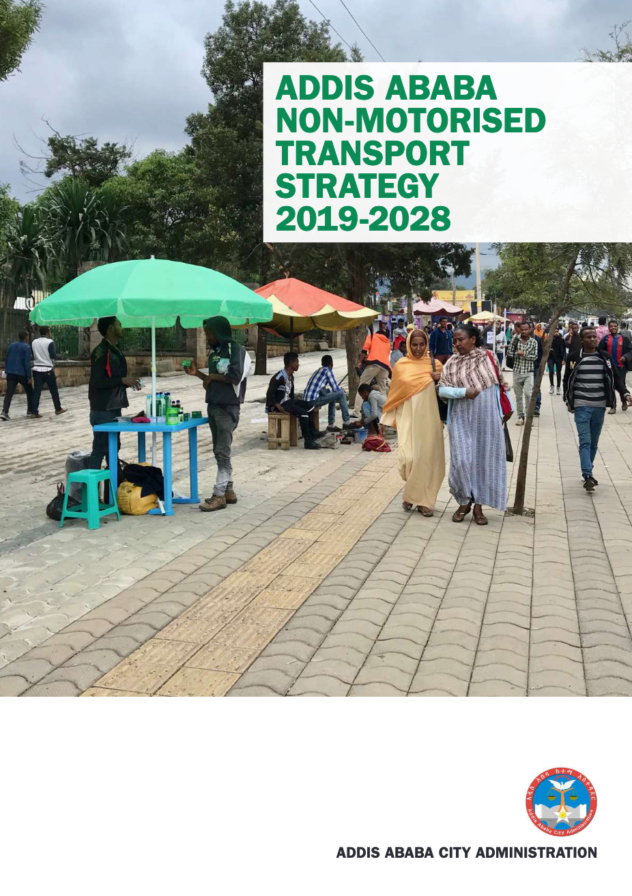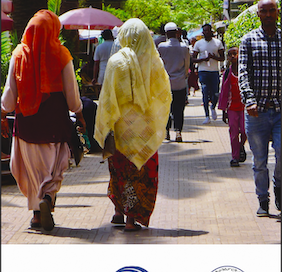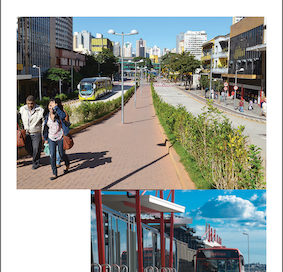Addis Ababa Non-Motorised Transport Strategy 2019-2028
The Addis Ababa Road and Transport Bureau (AARTB) launched the Addis Ababa Non-Motorised Transport (NMT) Strategy 2019-2028, a roadmap for the development of high-quality walking and cycling facilities across the city.
Ethiopia’s capital is experiencing rapid growth, and an efficient transport system is critical to the city’s prosperity. At present, walking accounts for 54 percent of daily trips, and a further 31 percent of city residents who rely on public transport walk at each end of their journeys. Better facilities are needed to improve the safety and convenience of these trips.
Drawing from the Transport Policy of Addis Ababa and Ethiopia’s Climate Resilient Transport Sector Strategy, the NMT Strategy outlines a holistic set of measures to make walking and cycling safe, convenient, and easy to use. Over the next ten years, the NMT Strategy envisions:
- The construction of 600 km of footpaths and 200 km of cycle tracks.
- The introduction of a modern, IT-enabled bicycle sharing system with bicycles available from a network of closely spaced stations.
- Safer access to public transport through traffic-calmed pedestrian crossings.
Greater use of NMT is expected to bring several benefits, including better access to jobs and educational opportunities; improved public health due to active lifestyles; reduced emissions of dangerous pollutants; and a reduced burden of injuries and fatalities from traffic crashes. As cities around the world focus on improving the walking and cycling environment, the NMT Strategy positions Addis Ababa as a leading African city investing in green, healthy modes of transport.
The Addis Ababa NMT Strategy, available in Amharic and English language versions, was developed by AARTB with technical assistance from the Institute for Transportation and Development Policy (ITDP) and with support from the United Nations Human Settlements Programme (UN-Habitat) and UN Environment Programme.




